Hej! My name is Gwenaëlle (but you can call me Gwen). In early January last year, I joined Tobias Uller’s group in the Biology department as a postdoctoral researcher. My project is divided into two main topics: (i) the adaptation and resilience of Mediterranean wall lizard (Podarcis) populations in small islands and (ii) the evolvability of thermal performance curve in ectotherms.
The first topic is at the interface between ecology and evolutionary biology. I will use data that have been collected on Mediterranean islands (such as climatic, landscape and biotic data), as well as the data available on the distribution of Podarcis populations and the genomic data that the Feiner-Uller group has collected. Combining these data should allow the comprehension of the impressive ability of Mediterranean wall lizards to persist on tiny rocks for thousands of years.
The second topic is at the interface between physiology and evolutionary biology. Considering the behavioural thermoregulation differences between thermoregulators and thermoconformers in ectotherms, I question the influence of behaviour on the evolvability of the thermal performance curve metrics and thermal preference. Understanding this relationship could give new insights on the capacity of ectotherms to deal with climate change according to their behavioural strategy.
My previous research projects were quite diverse. I started with conservation and applied projects on the in vitro propagation of Mediterranean orchids. I switched to study pollination syndrome in Ceropegia flowers and how floral scents, floral morphology and colour patterns affect pollinator specificity. My thesis project was about the invasive success of Drosophila suzukii and encompassed thermal and trophic ecology, as well as the impact of symbionts such as Wolbachia. I also had the chance to collaborate on other projects such as the apparent absence of Wolbachia in Antarctic terrestrial invertebrates or an integrative approach to study the resilience of insects facing climate change.
Overall, my interests are broad. Usually, if a subject catch my attention, I am very likely to start being passionate about it. I love doing research because it allows me to learn every day. I like this quote of Gandhi: ”Live as if you were to die tomorrow. Learn as if you were to live forever.”
of the office, you could find me exercising –I love everything that involves moving and lately it has been crossfit, running, bouldering, cycling and swimming–, reading novels, watching movies, listening to music or podcasts, wandering in nature (trying to act as a birdwatcher), and sharing moments with friends.
See you around!





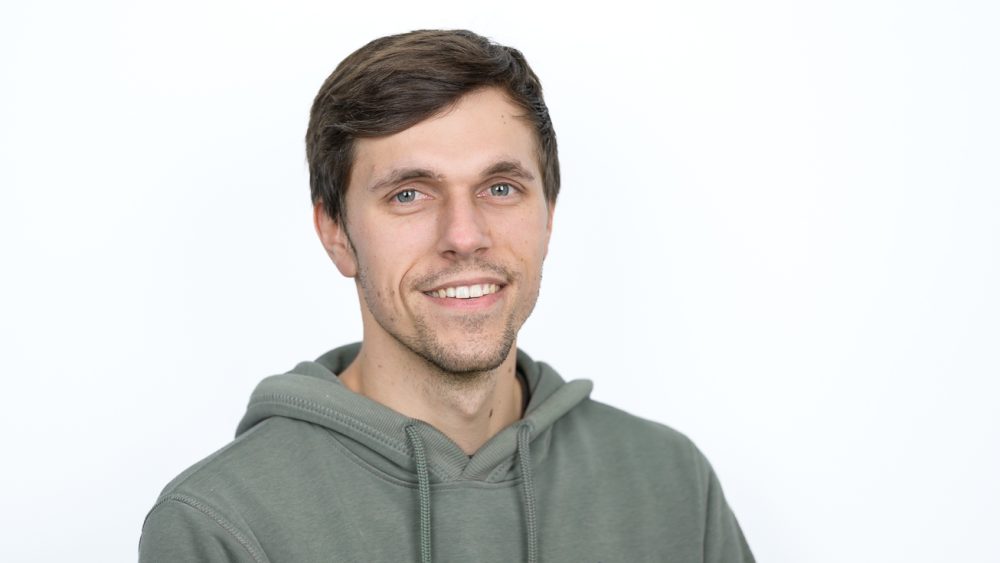
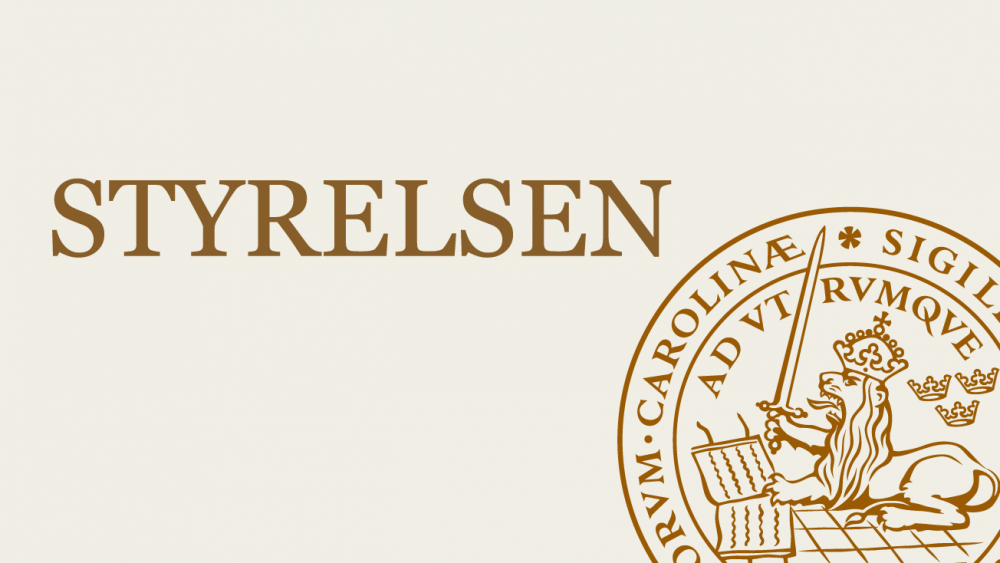
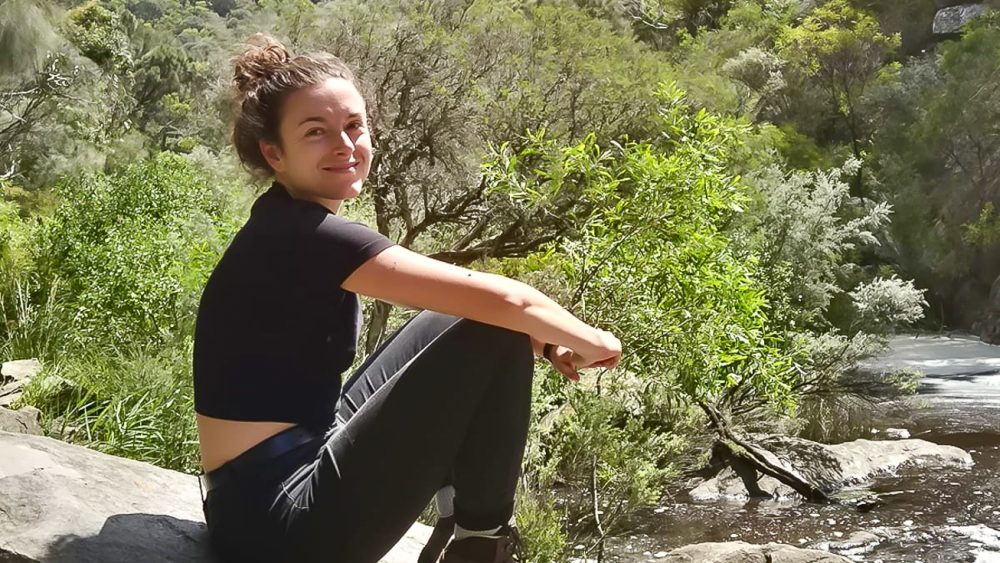
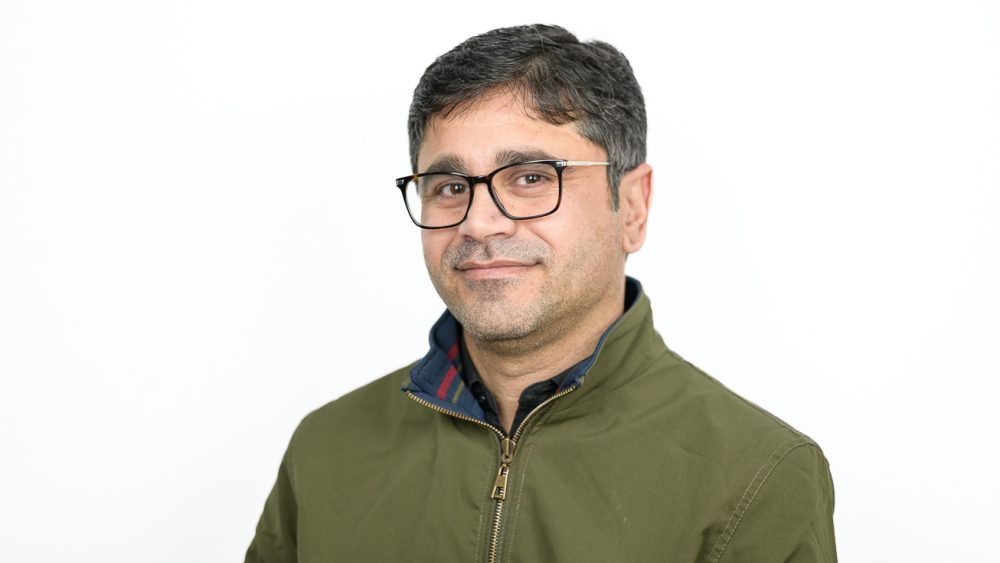
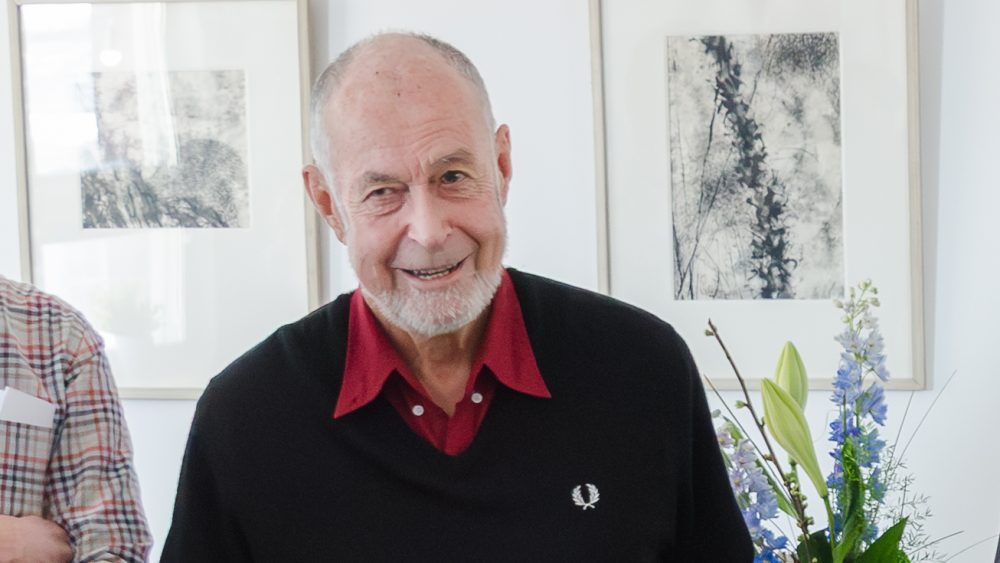
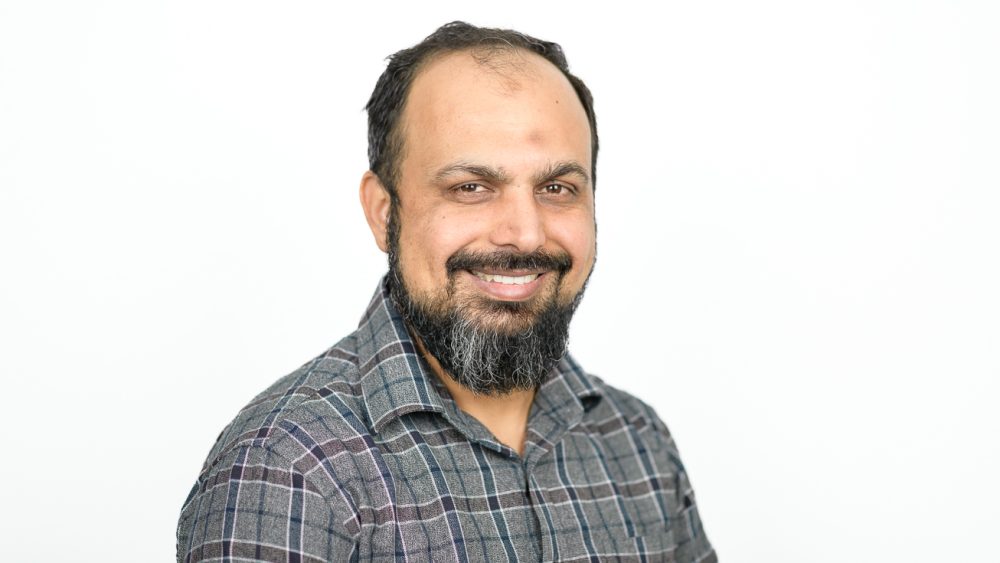
Kommentarer